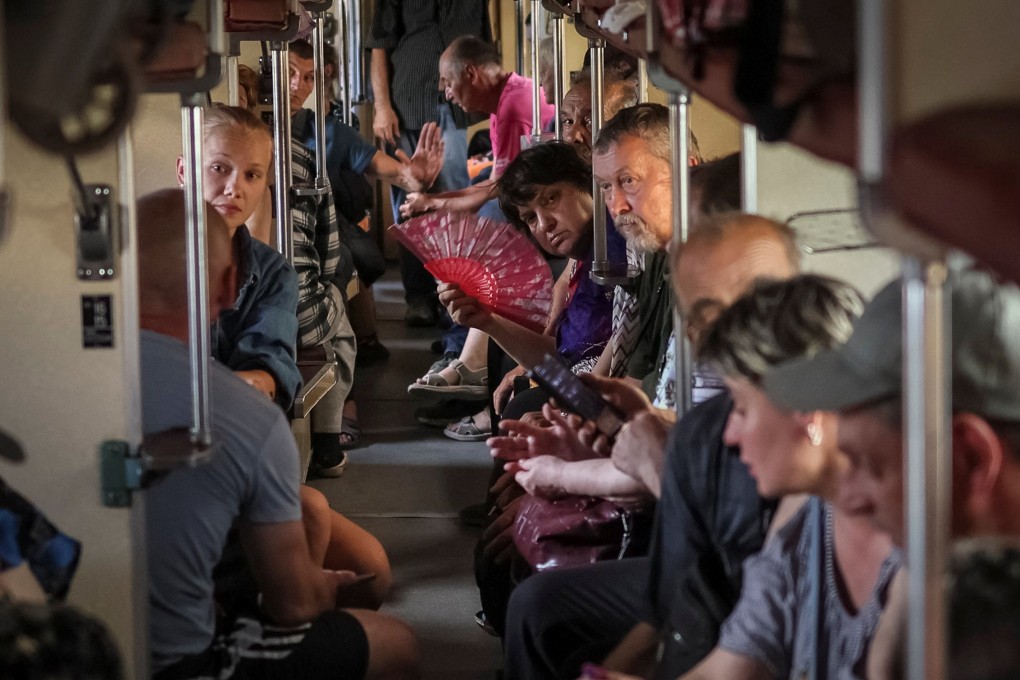Advertisement
The View | Misguided geopolitics is derailing decades of globalisation, pushing the most vulnerable to brink of disaster
- Policy failures across the past decade have brought about plunging trade and investment, slowing migration and an explosion of global displacement
- The longer stagnation prevails, the greater the chances of the current cold wars turning into hot wars, with devastating consequences
Reading Time:4 minutes
Why you can trust SCMP
1

Over the past decade, global economic prospects have been damaged by the fall of world trade, investment and migration, coupled with the suffering of more than 100 million globally displaced people. That is a prologue to an untenable future.
The post-war wave of globalisation benefited mainly advanced economies. It was only after 1980 that some large developing countries, particularly China, broke into world markets for manufactured goods and services while also attracting foreign capital.
This era of globalisation was eclipsed with the global recession in 2008. As cooperation within the Group of 20 subsequently dimmed, so did global growth prospects.
Advertisement
Between 2008 and 2016, global imbalances steadily worsened as a result of increasing trade discrimination. It was only in 2017 that there were some signs of trade recovery. Yet, that opportunity was missed with the US trade wars followed by waves of the Covid-19 pandemic, the consequent global depression and nascent cold wars.
Global economic integration is often measured by world trade, investment and migration, although technology and finance could be added to the list. The net effect of the past decade is plunging trade and investment, slowing migration and an explosion of global displacement.
Advertisement
In particular, the fleeting gains of the US-China trade truce were derailed by the global pandemic that caused trade in both goods and services to contract sharply. Subsequent gains have been limited by new waves of Covid-19 variants and the worsening international economic landscape.
Advertisement
Select Voice
Choose your listening speed
Get through articles 2x faster
1.25x
250 WPM
Slow
Average
Fast
1.25x
